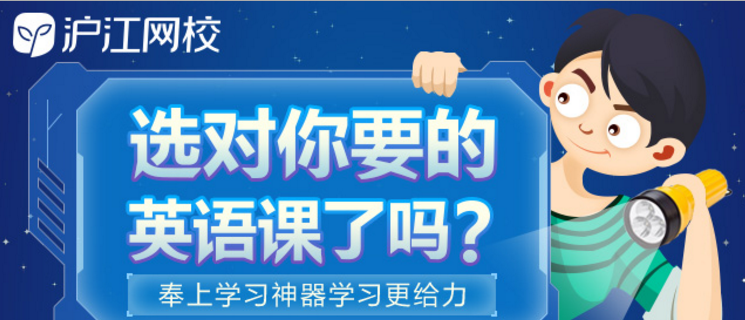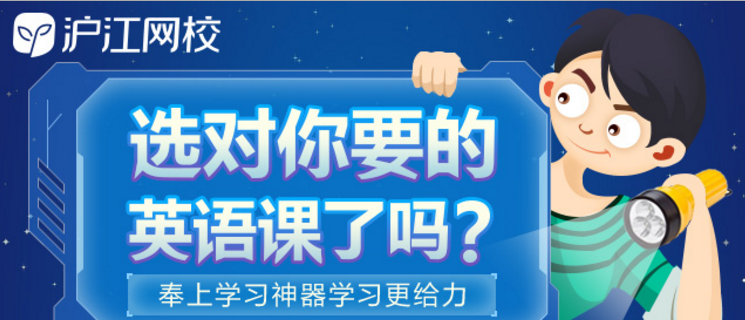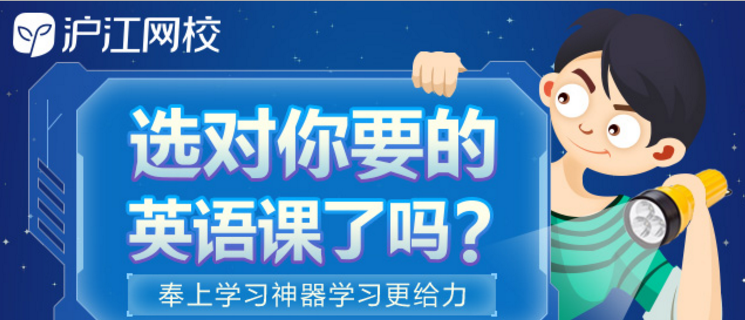一词多译
|
同一个词,由于语境的不同,其词义可千差万别。 试看下面几个例子: 1) He got all the credit for the discovery. 2) The ledger shows 300 pounds on the debit side and 50 pounds on the credit side. 3) The availability of cheap long term credit would help small businesses. 4) They sold grain on credit during time of famine. 5) How much do I have to my credit? 6) They cannot obtain credit at all in the trade. 7) They have opened the covering credit with the Bank of China, London. 以上七个句子都包含有 credit 这个词,但每个句子中的 credit,其词义都有所区别: 1)他因这项发现而获得各项荣誉。 2)从分类账上可以看出,发生金额借方300英镑,贷方50英镑。 3)低息长期贷款可以扶持小型企业。 4)饥荒季节,他们则赊销粮食。 5)我们的银行户头上还有多少存款? 6)他们在业内的信誉已荡然无存。 7)他们已从伦敦中国银行开立了足额信用证。 只要翻开一般的词典,我们就可知道,一词多义是语言的普遍现象。因此,根据不同的语境正确选词是翻译的一项最基本的技能。再看几个汉译英的例子: 1)价廉物美 2)我们不销售廉价质次的货物。 3)我们已按很低的价格向你们报盘。 4)你们会发现我们这批货物的价格是很便宜的。 5)请按照最低价报这批体温表的价格。 6)如对我们的业务建议有兴趣,请寄样品,并告最惠条款。 7)我们的报价已是最低价,折扣不能再多给了。 以上七个句子都涉及到“价格低”这么一个概念,但若要译得贴切,却可能须用不同的词来表达。试译如下: 1) fine and inexpensive 2) We do not sell cheap quality goods. 3) We have made you an offer at a very competitive price. 4) You will find our prices for these goods very popular. 5) Please make us your lowest quotation for Clinical Thermometers. 6) If you feel interest in our business proposal, please send us the samples together with your best terms and conditions. 7) As we have quoted you our rock-bottom price, we can't give you any more discount. 如果查阅一般的汉英词典,比如查“便宜的”这一词条,往往不可能给出所有的释义。即使倒过来去查英汉词典,也并非每一个词都能找到确切的对应汉语词义,如 best 一词,只是在特定的搭配中,才具有“优惠的”、“便宜的”等类含义。一谈到“便宜的”,很多人可能马上就联想到 cheap 一词,但这个词常常含有贬义,这点不能不知。 |








